In Islam property can be divided into several categorise namely tangible and intangible and movable and immovable. However "property’ in the scope of the discussionn will be divided into categories, ie ‘estate’ and ‘non-estate ‘properties. The word ‘ estate’ here means the property od a deceased person or in malay word known as "pesaka’ or "pusaka". Whatever the extent and form of Isamic law ‘officially’ sanctioned in Muslim scocities, in the consciousness of much of the Muslim world land tenure regimes and concepts are generally constructed or realised, to a noticeable degree, throught reference to the Islamic law (Shari’a). Therefore there is no field of Islamic land law’ but rather a set of overlapping themes or domanis which practitioners will recognize as suvh. Land right in Islam therefore do not exist in isolation but rather are best understood with reference to other parts of Islamic law. Islamic law is the epitome of Islamic thought, the most typical manifestation of the Islamic eay of life, the core and lernel of Islam itself. Much of Islamic law relation to land, property and housing would fall within the domain of ‘social transavtions’ (muamalat) and therefore be open to a greater degree of interpretation than matters of religious obsevances. Islamic law does not make sense without the ethical dimension of the divine revelation. This book presents the information on some of the basic concept of this subject.
Islamic Law and Family
$83.70
$93.00

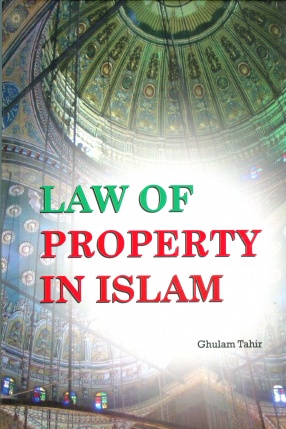
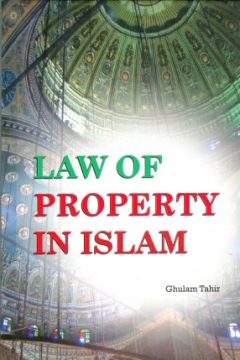
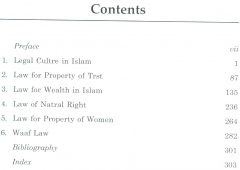
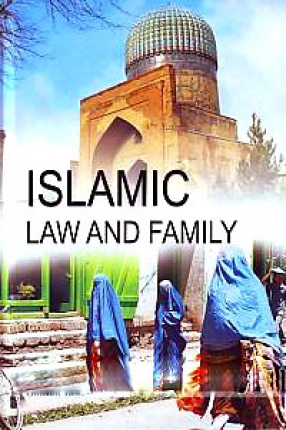
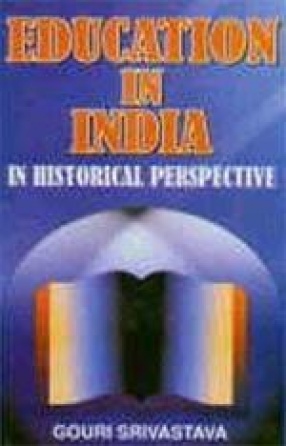
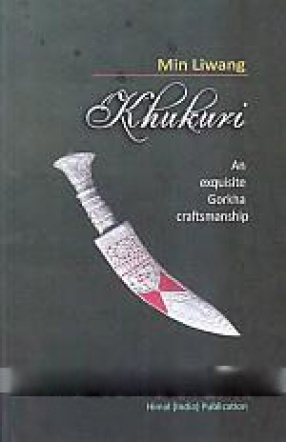

There are no reviews yet.